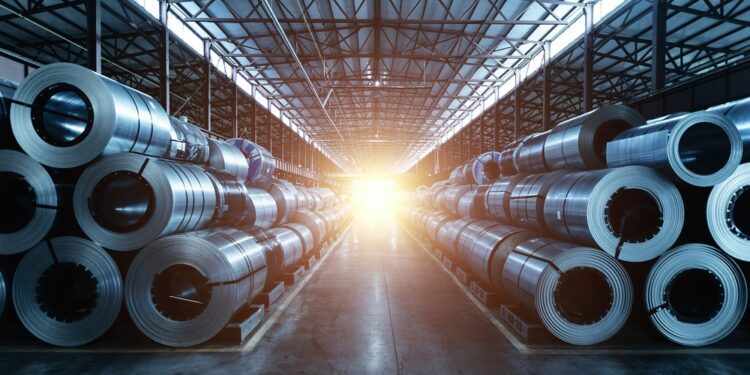Five strategies designed to mitigate steel and aluminum tariff risks
To more effectively navigate the challenges posed by increasing steel and aluminum tariffs, your business should actively monitor global trade policy and tariff developments and be prepared to adjust your sourcing activities. Five risk mitigation strategies for you to consider include:
- Diversify supply chains: Reducing reliance on specific countries or suppliers that are subject to higher tariffs can help minimize risks associated with geopolitical tensions and supply chain disruptions.
- Negotiate long-term contracts: Establishing long-term contracts with suppliers can help lock in prices and provide more stability amid fluctuating tariffs. This approach can also strengthen relationships with suppliers, potentially leading to better terms and reliability.
- Implement cost-reduction strategies: Conducting thorough reviews of your operations can help identify areas where costs can be reduced. Follow-on actions could include optimizing production processes, minimizing waste, or investing in technology that enhances visibility and efficiency.
- Explore alternative materials: Substituting steel and aluminum with alternative materials less affected by tariffs can help with cost management. This approach requires careful evaluation of material properties, brand impact, and financial impact, as quality and sustainability may pose both short- and long-term risks.
- Invest in domestic production: Exploring opportunities to invest, co-invest, or otherwise support domestic production capabilities can help reduce your tariff exposures. You may potentially benefit from government incentives and grants aimed at boosting domestic industries, though there may be short- and long-term tradeoffs to be managed.
You also should consider the role your current or additional insurance coverage could play in your steel and aluminum tariff risk management strategies. For example, trade credit insurance could protect you from customers facing financial pressures and potential payment defaults because of the tariffs, political risk insurance could help you safeguard investments and assets in tariff-affected countries, and cyber insurance could help you recover from any incidents stemming from newly engaged and unfamiliar suppliers whose cybersecurity controls and processes may not match your own standards. Consult your insurance broker with regards to these and other potentially applicable coverages that can support your short-term and long-term plans.
Agility and innovation required to successfully navigate tariff uncertainties
Steel and aluminum tariffs and counter-tariffs are poised to have potentially significant impacts on businesses globally in the near and long term. Ultimately, the ongoing evolution of global trade policies will continue to shape the economic environment and supply chain landscape for companies across a range of commodities, metals, and other inputs, necessitating agility and innovation in response.












